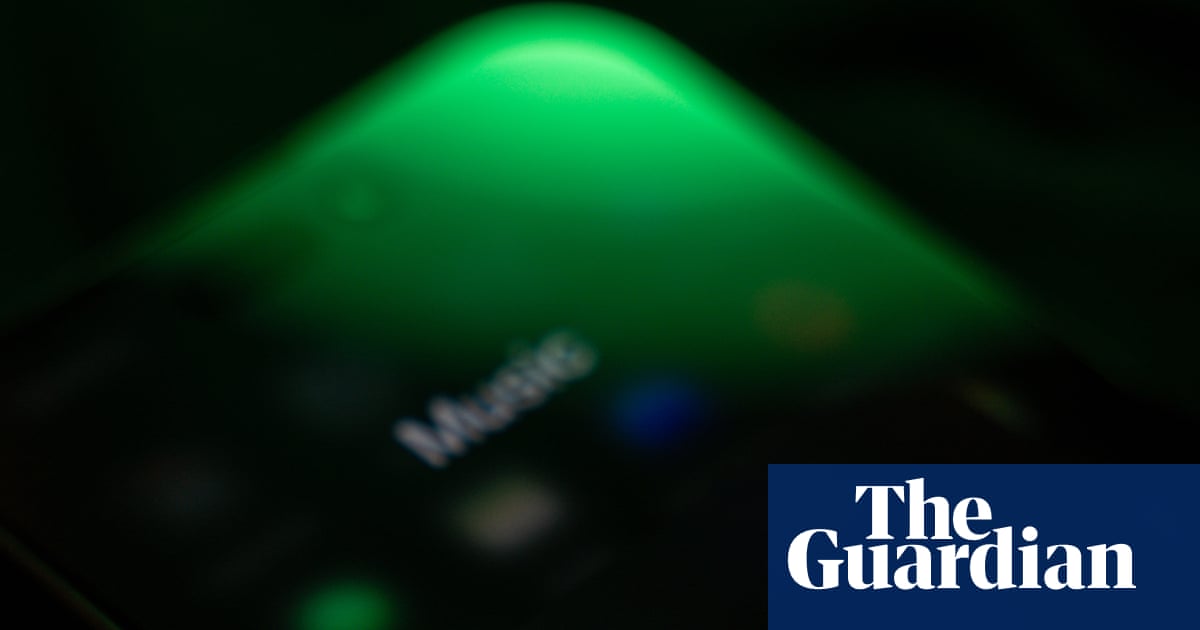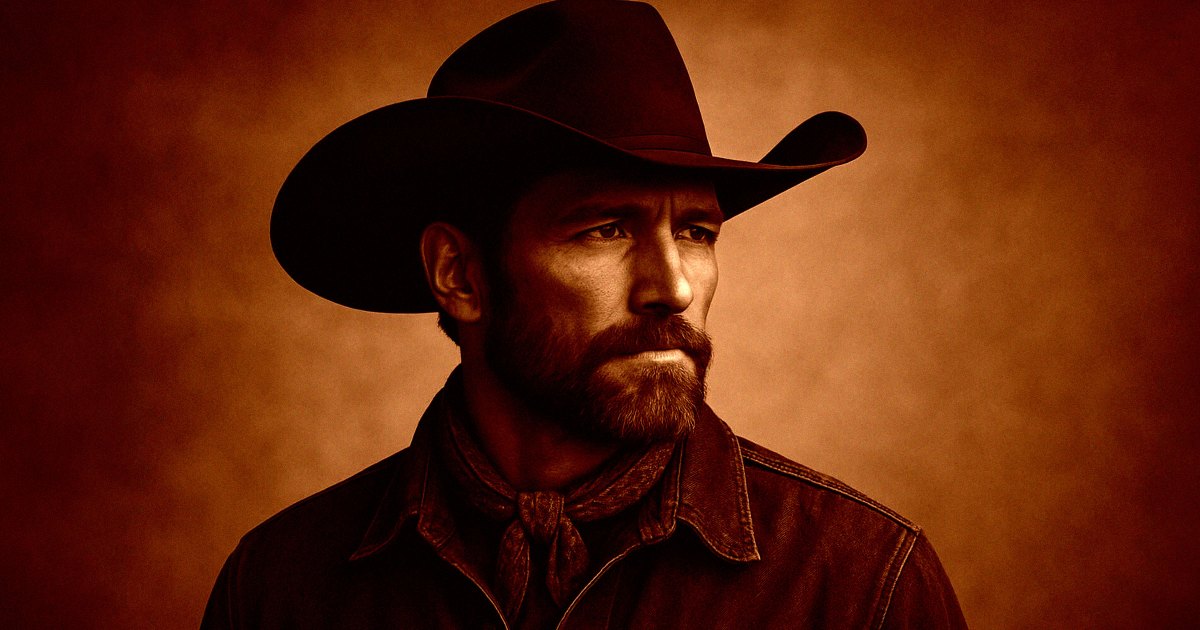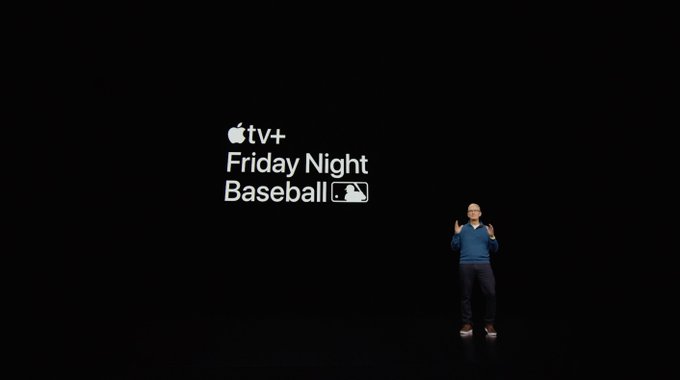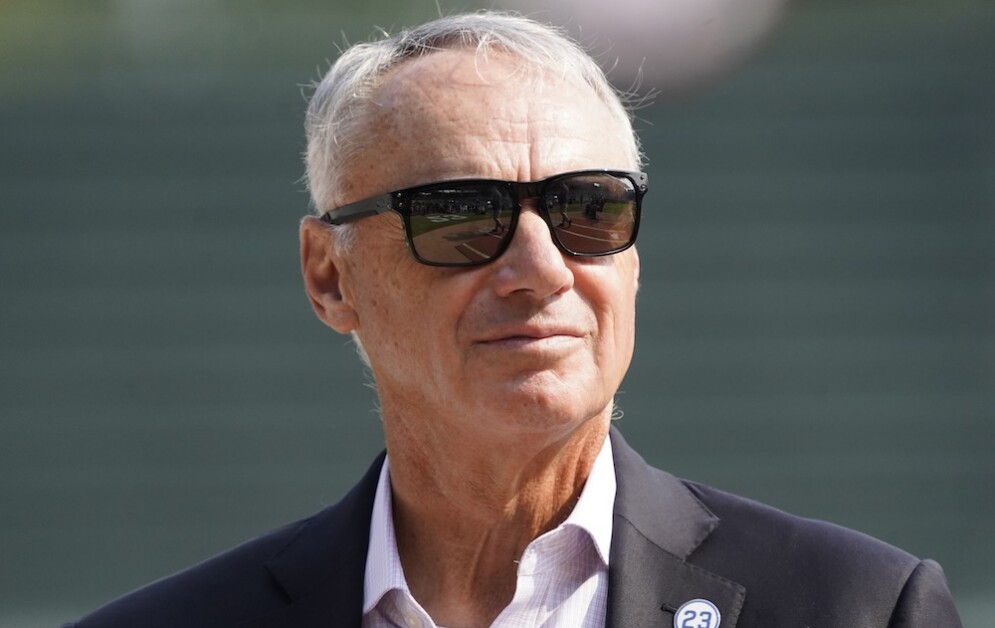#streaming-platforms
#streaming-platforms
[ follow ]
#ai-generated-music #music-industry #lgbtq-representation #netflix #content-moderation #television-awards
Television
fromPinkNews | Latest lesbian, gay, bi and trans news | LGBTQ+ news
5 days agoHeated Rivalry actor says some streamers wanted 'no kissing' until episode five
Heated Rivalry was moved to Canada after a US streamer demanded creative changes; maintaining the original vision on a smaller budget boosted its popularity.
fromwww.theguardian.com
3 weeks agoAlmost collapsed': behind the Korean film crisis and why K-pop isn't immune
Admissions for Korean and international films have fallen 45% since 2019, from about 226 million to 123 million, while box office revenue has dropped from $1.3bn to $812m. With investment slowing sharply, Korean distributors that once released more than 40 locally produced films a year are expected to put out about only 20 in 2025, and warn that 2026 could be even more serious as the pandemic-era backlog runs out and new productions are not coming fast enough.
Film
fromArs Technica
3 weeks agoTV Technica: Our favorite shows of 2025
Streaming platforms reigned supreme, with Netflix and Apple TV dominating our list with seven and five selections each. Genre-wise, we've got a bit of everything: period dramas ( The Gilded Age, Outrageous), superheroes ( Daredevil: Born Again), mysteries ( Ludwig, Poker Face, Dept. Q), political thrillers ( The Diplomats, Slow Horses), science fiction ( Andor, Severance, Alien: Earth), broody fantasy ( The Sandman), and even an unconventional nature documentary ( Underdogs).
Television
fromwww.independent.co.uk
4 weeks agoWhat to watch over Christmas and new year, from Amandaland to Anaconda
From reproductive rights to climate change to Big Tech, The Independent is on the ground when the story is developing. Whether it's investigating the financials of Elon Musk's pro-Trump PAC or producing our latest documentary, 'The A Word', which shines a light on the American women fighting for reproductive rights, we know how important it is to parse out the facts from the messaging. At such a critical moment in US history, we need reporters on the ground.
US politics
fromenglish.elpais.com
1 month agoDoes someone decide what we listen to? How Spotify's algorithm works and what we know about its real power
How do we discover new music? It used to be mostly through friends, record stores, and radio. Now, friends, some radio stations, and music platforms still play a role. Spotify's annual wrap-up is an ideal time to see what new music has reached our ears. The European Union is funding a project to audit algorithmic music discovery because it believes there may be bias and a lack of transparency in this process.
Music
fromAxios
1 month agoSpotify Wrapped reveals the real battle for attention in the music industry
Joe Aboud, a former major label executive and founder of 444 Sounds, says streaming platforms now see 100,000 to 120,000 new tracks uploaded every day - roughly 1.5 million a week. AI-generated tracks already make up nearly one in five uploads on some platforms, said Jeremy Morris, a media and cultural studies professor at the University of Wisconsin-Madison, raising concerns about royalty dilution and algorithmic bias.
Music
Soccer (FIFA)
fromwww.theguardian.com
1 month agoDog that didn't bark': Uefa's Champions League rights sale delivered a key lesson
UEFA achieved over 20% average annual increases in Champions League rights across five major European markets, driven by Paramount's auction entry and market-specific sales.
fromLondon On The Inside
3 months agoLondon's Digital Living Rooms: How We Unwind After Work
Streaming platforms are the first stop for many people once work ends. Netflix, Disney+, and BBC iPlayer have made the "what shall we watch?" debate a nightly tradition in countless homes. Alongside this, online gaming has carved out its own space in the mix. Casual mobile games and multiplayer titles are now just as much a part of winding down as flipping through a series.
Digital life
fromwww.bbc.com
3 months agoUefa targets streaming giants for next TV deals
"Together we are building something unique with ambition, to deliver the most engaging football, the most innovative and the most accessible to expand our core revenue streams. [We want] to inspire new fans to follow our competitions, to drive engagement with new audiences especially in an ever-changing media and streaming right landscape and to make the most of digital platforms and bring the game closer together for ever. "This is how we will keep European
Soccer (FIFA)
fromPitchfork
3 months agoLorde, Caribou, and More Join No Music for Genocide Campaign, Geoblocking Their Music in Israel
Lorde is among the latest wave of artists joining the No Music for Genocide campaign, which urges musicians to geo-block their music in Israel in solidarity with the Palestinian people. Caribou, Hayley Williams, Dry Cleaning, Marina, Caroline, Diiv, Duval Timothy, Idles, Muna, Paloma Faith, Obongjayar, Marc Rebillet, Tokimonsta, 454, Pinegrove, and Skee Mask have also removed or pledged to remove their music from streaming services in the country.
Music
fromPinkNews | Latest lesbian, gay, bi and trans news | LGBTQ+ news
3 months agoCreator of Jurassic World: Camp Cretaceous responds to queer kiss backlash
There is no need to have a kissing scene, especially a lesbian kissing scene, in a children's show. This is pushing an agenda. There are other options. There are other streaming networks.
Television
fromPitchfork
4 months ago13 Songs You Should Listen to Now: This Week's Pitchfork Selects Playlist
The staff of Pitchfork listens to a lot of new music. A lot of it. On any given day our writers, editors, and contributors go through an imposing number of new releases, giving recommendations to each other and discovering new favorites along the way. Each Monday, with our Pitchfork Selects playlist, we're sharing what our writers are playing obsessively and highlighting some of the Pitchfork staff's favorite new music.
Music
Music
fromConsequence
4 months agoLizzo Says Algorithms Have Left Music Industry "In Shambles," Killed the "Song of the Summer"
Music industry fragmentation and algorithm-driven distribution have eroded centralized cultural moments like a universal Song of the Summer, altering artists' control and career strategies.
fromSlashGear
4 months agoHow Do TV Companies Decide Which Streaming Service Gets A Button On Your Remote? - SlashGear
Television has come a long way since the days when your grandparents spent their evenings arguing over who had the remote. From the introduction of smart TVs to the advent of streaming services, modern home viewing experiences - and the remotes that direct them - are almost unrecognizable from their origins. First introduced in the 1950s, TV remote controls have defined the public's viewing habits since the channel surfing era, growing into a cultural touchstone now used by sociologists to study family and social dynamics.
Television
fromwww.theguardian.com
4 months agoBland, easy to follow, for fans of everything: what has the Netflix algorithm done to our films?
When the annals of 2025 at the movies are written, no one will remember The Electric State. The film, a sci-fi comic-book adaptation, is set in a world in which sentient robots have lost a war with humans. Netflix blew a reported $320m on it, making it the 14th most expensive film ever made. But it tanked: though The Electric State initially claimed the No 1 spot on the streamer, viewers quickly lost interest.
Film
fromFast Company
6 months agoPBS chief Paula Kerger warns public broadcasting could collapse in small communities if Congress strips federal funding
PBS does not operate like a traditional network such as CBS or NBC; rather, it is a collection of over 300 local member stations that independently control their programming.
Public health
Portland food
fromPortland Mercury
8 months agoMercury Music Picks Does it Again with New Sounds From Portland and Berlin
Live music fosters community and collective joy, exemplified by Lambrini Girls' energetic performance.
Participation in oppressive systems doesn't negate the pursuit of their abolition.
[ Load more ]









